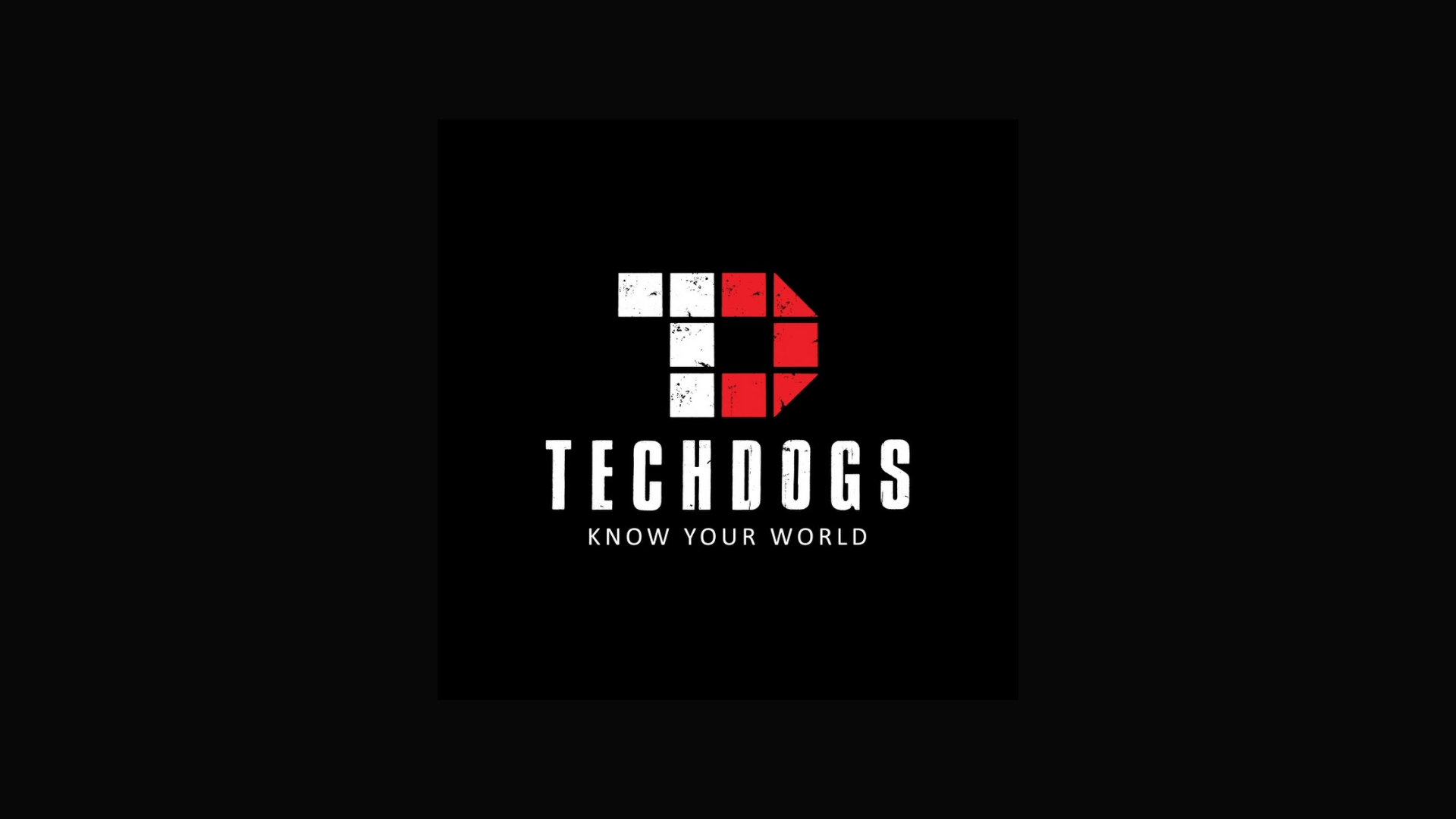By broadening into technology communications or ‘techco’, operators are making clear their intent to prepare for the high growth revenue streams in the B2B sector that technologies like 5G, IoT, and Edge are enabling. 5G monetization is a sore point for operators, considering the billions they’ve already invested in new networks. Consumer 5G use cases are limited and the industry agrees that B2B is where 5G will make its money. But operators’ traditionally consumer-centric businesses have met with limited success in the B2B sector.
As operators look at restructuring and even decoupling parts of their businesses, let’s look at what needs to happen to deliver that techco ambition and avoid more dancing to tunes that never seem to reach the right crescendo.
A ‘reverse flywheel’ effect
Vodafone made clear its vision for techco by announcing it would split its IT and networks businesses. And recently, BT handed its Division X £100M to advance its adoption of new technologies like 5G private networks and Edge, addressing vertical industry demand for technology solutions and further positioning itself as a techco.
For operators, the techco model means embracing a classic digital approach. They’ll need to relinquish the mantra of ‘build it and they will come’ in favour of starting with a customer problem and building the solution or service back from there. It might seem simple, and of course that focus on viability of product within a community has been the source of Amazon’s success. But delivering that type of breakthrough innovation that operators are hoping for with a techco is tricky stuff. The organisational and cultural change required, coupled with the financial commitment, is significant. And it will involve a series of small wins at first to create the ‘fly-wheel’ effect to really grow that techco value proposition.
One techco lead described dealing with a ‘reverse flywheel’, due to maintenance of legacy systems that slow down time to market – not optimal for an organisation embracing digital fundamentals.
It’s not you, it’s me
The cynics in the industry might say that we’ve heard this all before. Telcos have tried to evolve in the past, but often they’ve been too slow. Once again there is an urgency for them to meet new market demands by becoming techcos, due to the increased competition from hyperscalers in the realms of key revenue opportunities like 5G private networks.
A beleaguered Nic Fildes signed off from his role as telecoms correspondent at The FT by reflecting on his 20 years covering the telecoms sector. He described it as a declining and hapless industry, even though consumers have never been more reliant on connectivity services. Nic asked, “is breaking up all that’s left for the telecoms sector to do?” And there might be some truth to that…
For operators to really win in the B2B sector, they might need to decouple themselves from the mass-consumer business. Vodafone quietly announced in its annual report that it would be spinning off its IoT business to help “accelerate the platform’s growth and attractiveness to both new customers and connectivity partners”. Operators have done the same with towers and fibre in the past, so what’s to say this isn’t an opportunity for techco too? After all, spinning out as a techco could help to overcome internal battles for resources. It could make the standalone techco attractive to new investors through a renewed focus on a single sector that is burgeoning with prospective enterprise customers.
Show us your moves
It’s clear that telcos face some big decisions as they transition towards techco, but remembering that this is a renewed focus on the customer is critical – particularly for their comms strategy. Just saying that they’re a techco isn’t going to be enough for prospective enterprise customers that want to adopt technology solutions. And they certainly aren’t looking to just buy 5G, IoT or AI, nor do they have the time to understand how they work. Customers across industries want solutions that address their specific requirements. By communicating how those technologies help to realise and enable use cases like, for example, smart factory processes, will break down knowledge gaps and identify opportunities for the operators to become an enterprise’s preferred solutions partner.
Equally, in communicating with media, there is appetite for demonstrating novel use cases for technologies like 5G. Announcing trials, customer deployments, hosting demo days and discussing progress on projects, will show that telcos can walk the walk with their techco ambition, rather than falling foul to the perception that they have once again missed the beat and been too slow to innovate.















